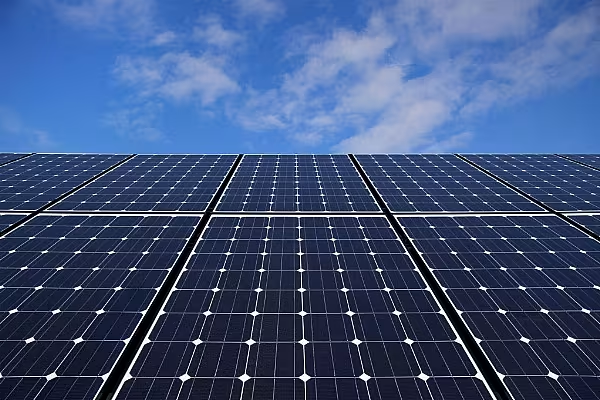Coop Denmark has added more solar panels across its operations as it seeks to lay the foundation for its sustainability goal of becoming climate positive by 2030.
The retailer has been producing renewable energy since 2019 as part of its Coop Solar 1.0 plan.
Coop Denmark Solar Panel Installation
Initial data collected by the retailer has shown that a store installing solar cells can cover at least 25% of its energy consumption.
The results from the first phase have encouraged Coop Denmark to invest and further develop its Solar Cell Project 2.0 by doubling the production of green renewable energy and ensuring additional savings of 4GWh annually.
The project will be carried out with the collaboration of solar panel specialist SolarFuture, which previously assisted with Solar Cell Project 1.0.
Coop Denmark's policy on solar panels includes the installation of panels on the rooftops of stores, where the physical environment permits such installations, rather than installing them on bare land.
Coop Denmark's energy manager Nicki Pagh Børgesen, said, "Besides the fact that we can now produce green and climate-friendly power from the solar cells ourselves, which contributes to the green and sustainable transition, we can benefit from a reduced electricity bill, as our own production of the green power is deducted from the store's consumption.
"The alternative is that we feed the green power into the Danish grid – at no profit. Selling the power is good business, good for the environment and good for your wallet. Our plant is an investment in renewable energy and a green future, and it's an important tool in achieving our goal of becoming climate positive by 2030. We expect the project to pay for itself in about seven years."
Surplus Power
In January 2022, new legislation on the sale of surplus power came into force, enabling the retailer's stores with solar panels to make a financial profit by selling the surplus power back to the power exchange.
Coop Denmark stores that are self-sufficient in their own green power for periods of time can thus both save on energy costs and help reduce CO2 emissions.
The solar plants are therefore an important element for Coop to reach its climate target.
Coop has signed an agreement with NRGi on the sale of surplus production from solar plants.
The electricity that the chain does not use in stores and distribution centres is bought by NRGi, which sells it to the Nord Pool power exchange on behalf of the retailer.
The group said it is pleased that the sale of surplus production helps to reduce electricity costs and expects to pay back the investment within six to seven years.
© 2022 European Supermarket Magazine – your source for the latest retail news. Article by Conor Farrelly. Click subscribe to sign up to ESM: European Supermarket Magazine.













